The Migratory Bird Treaty Act of 1918 was created between the United States and Great Britain (for Canada) to protect the populations of all protected migratory birds and later amended between the U.S. and Mexico, U.S. and Japan, and the U.S. and the Soviet Union (now Russia). In North America the treaty was amended between the U.S. and Mexico in 1976 and Canada in 1995. Over the years this treaty has been instrumental in protecting these natural treasures. It could be argued that, through the years, this act has done more to protect birds than any other single factor.
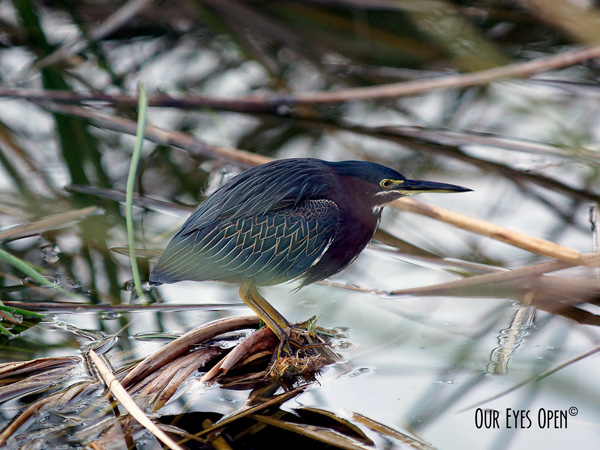
Unfortunately, the Trump administration has moved this year to gut the protections that migratory birds have had for over 100 years. The new Fish and Wildlife Services proposal means that the incidental killing of protected birds will no longer be prosecuted. As an example, oil and gas companies, builders and land developers, power companies and other industries would no longer be accountable for reckless practices that kill migratory birds. That’s over a thousand bird species we’re talking about.

The Deepwater Horizon explosion and oil spill disaster in April of 2010 killed more than a million birds. BP subsequently paid more than $100 million dollars in fines for violating federal laws that protect birds. It didn’t bring the birds back but, helped put money into resources to clean and rebuild habitats while standing as a deterrent for possible future negligent acts by fossil fuel companies. The latest proposal by Fish and Wildlife Services would have eliminated any penalty for the killing of those million plus birds and the destruction of their habitat.
If you live in the United States, please let your members of Congress know that you do not support the weakening of this crucial Act that protects our feathered friends. If you have any questions, feel free to contact the head of your local Audubon Society.
THE BIRDS WILL THANK YOU!

Roseate Spoonbill 
Sandhill Crane
What is World Migratory Bird day and when is it? Glad you asked. World Migratory Bird Day, which was created in 1993 by folks at the Smithsonian Migratory Bird Center celebrates the bird migrations in North America. You can find out more here about the history. It takes place every year on the second Saturday in May for the United States and Canada and the second Saturday in October for Latin America and the Caribbean. It is now global with humans participating all over the world. For 2020, these dates fall on May 9th and October 10th.

Eastern Towhee 
Black and White Warbler 
Eastern Bluebird
Different bird species migrate at different times and while showing the love of this migratory phenomenon is recognized for one day, we should all be doing our part to maintain a high level of conservancy by sharing the importance of bird migration in America and all over the world every single day.

Black-bellied Whistling Duck 
Snowy Egret
Most years, this day has people coming together to participate in different activities such as bird watching, bird-counting tours, educational workshops, festivals, exhibitions, art contests, and awareness fundraising events. This year, the festivities are online with “Bird Day Live”. This online festival is a 3-day event that starts tomorrow, May 7th. If you click on the link, you will see the countdown clock.
Birds Connect Our World
The Theme for 2020 is “Birds Connect Our World” which I see as very fitting for the spring migration of 2020 while the human population has endured the worst pandemic in world history and our connections have been limited, at least in person. Birds have not worried over the stay-at-home orders, wearing a mask when going out, watching the stats on television as the number of confirmed cases and unfortunate loss of life rise with each passing day, plus the complete lockdown of our world’s economy. Migration has continued with species moving from one home to another for short periods of time while they procreate and find food after flying for thousands of miles to reach their next destination.
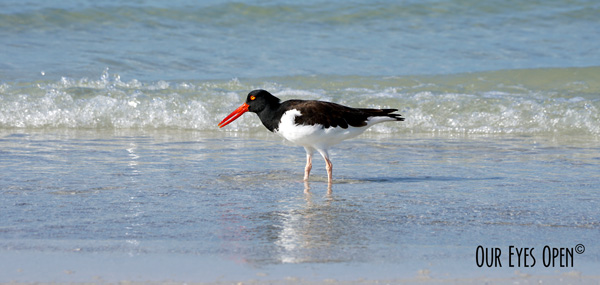
Protect our Birds – Do Your Part
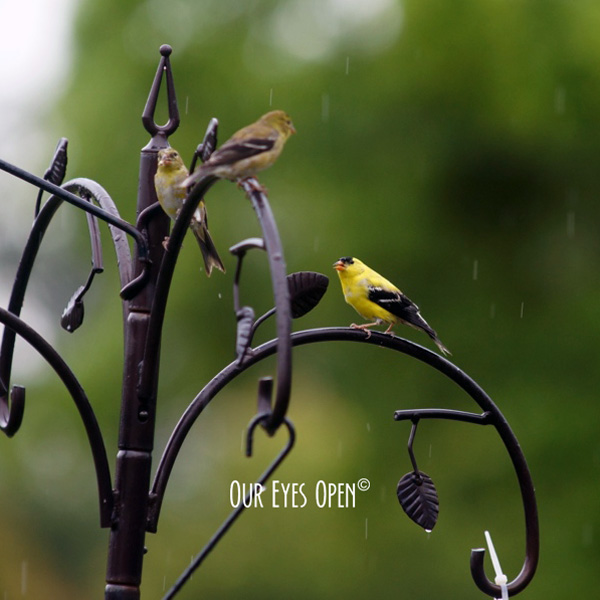
The American Goldfinch migrates from mid-Alberta to North Carolina during breeding season and from Canada to Mexico during the winter.

The Northern Cardinal is not a migratory bird but has expanded its territory from the southern U.S. to other parts of the U.S. – further north and west.
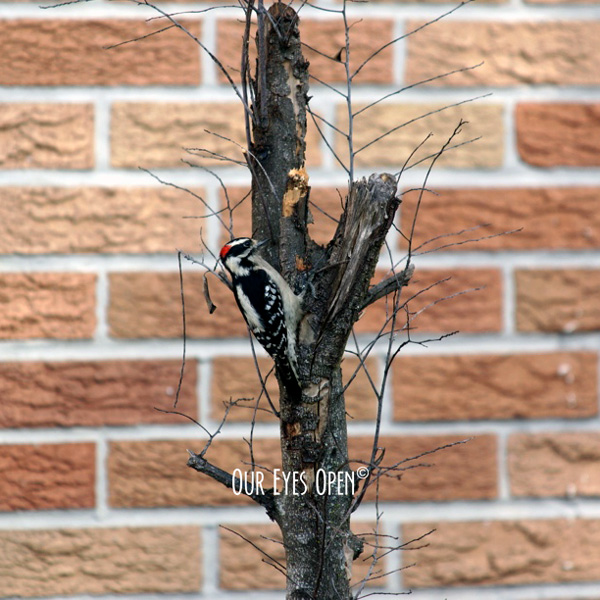
The Downy Woodpecker is the smallest woodpecker in North America, foraging for insects in trees & creating holes for nesting. Knock…Knock…Knock!
The responsibility of protecting birds falls directly on our shoulders today to ensure future generations have the same ecosystem tomorrow.
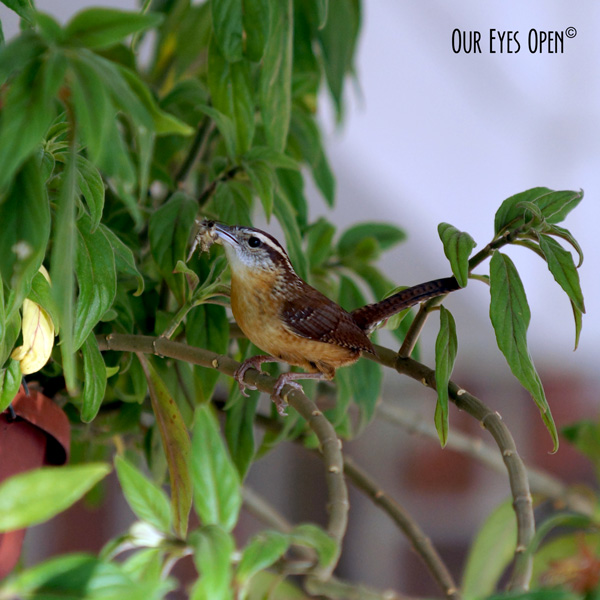
Carolina Wren 
Carolina Wren
13 things YOU can do to Help
- Plant a bird-friendly garden.
- Build a birdhouse so migrators have a safe place to build a nest.
- Put up feeders. Talk to the experts at your local Wild Birds Unlimited or online to get the best information on seed, suet and other food items such as mealworms. They will guide you on what will work best in your area.
- Install or build a water feature such as a bird bath or fountain.
- Keep an eye on your pets when they are outside. They are often curious and could kill a bird not knowing the consequences.
- Stop using single use plastic.
- Pick up litter when you are out on a hike. (Not everyone is responsible)
- Recycle…Recycle…Recycle.
- Educate yourself and your children to make sure birds are around for many generations.
- Reduce window kills by turning off bright lights or closing your blinds.
- Go birding and participate in The Cornell Lab of Ornithology by logging what you see on eBird.
- Support conservation initiatives by donating to the many organizations such as Audubon.
- CONTACT YOUR CONGRESSMAN TO VOICE YOUR CONCERNS WITH THE NEW LAWS.
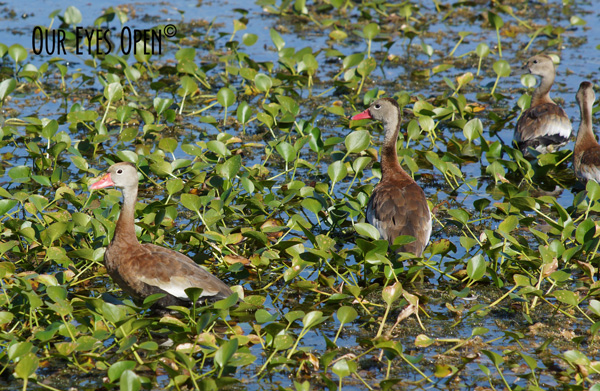
May 9th, 2020 is also the biggest birding day of the year known as Global Big Day. Participation is simple and covers #11 on the list of things you can do to help with conservation of our birding world. Check out the info at the bottom of this post. Frank and I have participated in this event for 7 years now. Every day seems like a global birding day for us. We bird in our yard and try to go somewhere on a birding hike at least once a week. We are always on the lookout for new species, adding to our growing life list and observing avian behaviors. As I started writing this blog, I felt the need to do more and hope to encourage you to help save our feathered friends. We have done all 13 of the items that I suggested above in some capacity over the years and continue to make a conscious effort to give our children and grandchildren hope for the future.

A new record was set on the 2019 Global Big Day with 92,284 checklists of birds collected in one day all around the world.
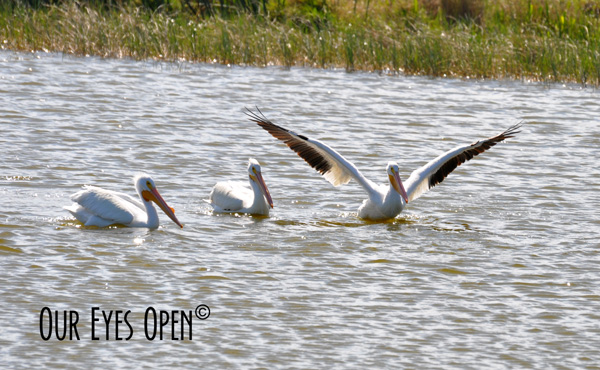
How you can participate in Global Bird Day
- Visit eBird.org and sign up for free. Download the free mobile app if you don’t have a computer.
- Observe the birds in your yard or hit the trail (if you can) with your binoculars and camera.
- To help you identify your birds, you can download the free Cornell Lab’s Merlin Bird ID.
- Share what you see on social media. There are many bird groups you can participate in. Use these tags: #globalbigday! #BirdDay #MigratoryBirdDay
- Have FUN!

Comments
6 responses to “World Migratory Bird Day – Global Big Day – May 9, 2020”
Cute birds….
LikeLiked by 1 person
Thanks! It took digging through archives to put this together. 😊
LikeLiked by 1 person
Thanks for this important reminder! Nice photos too 🙂
LikeLiked by 1 person
It’s my pleasure and thank you. I’m looking forward to Saturday. 😊
LikeLike
Yours is a well-done treatise about this very important issue, Lisa. For you and your readers here’s some additional info about the importance of having birds in our lives. https://www.worldmigratorybirdday.org/2012/index3e92.html?option=
LikeLiked by 1 person
That is a great article. There was so much out there and I had to choose my topic. I may do a follow post though. 😊
LikeLike